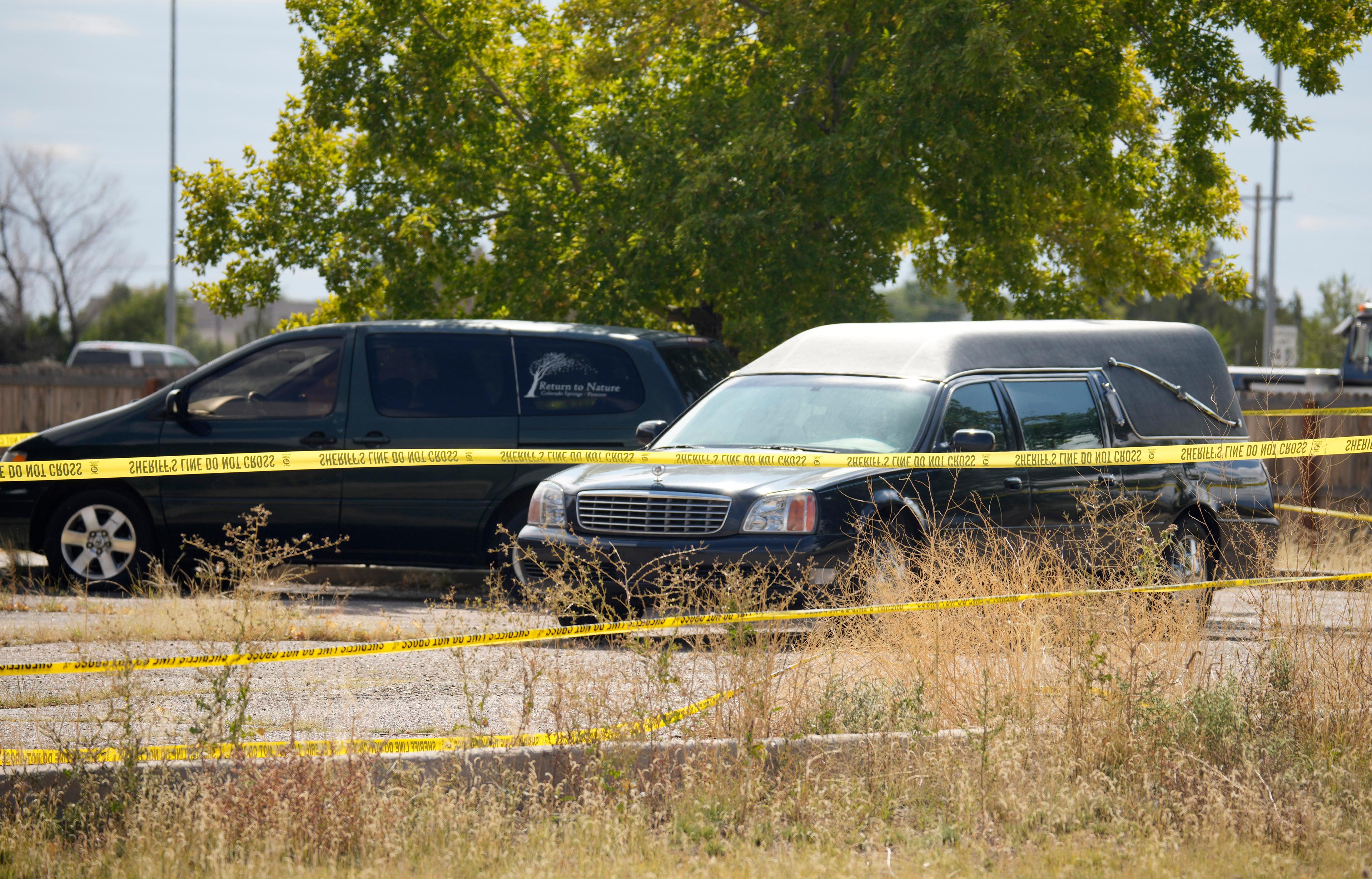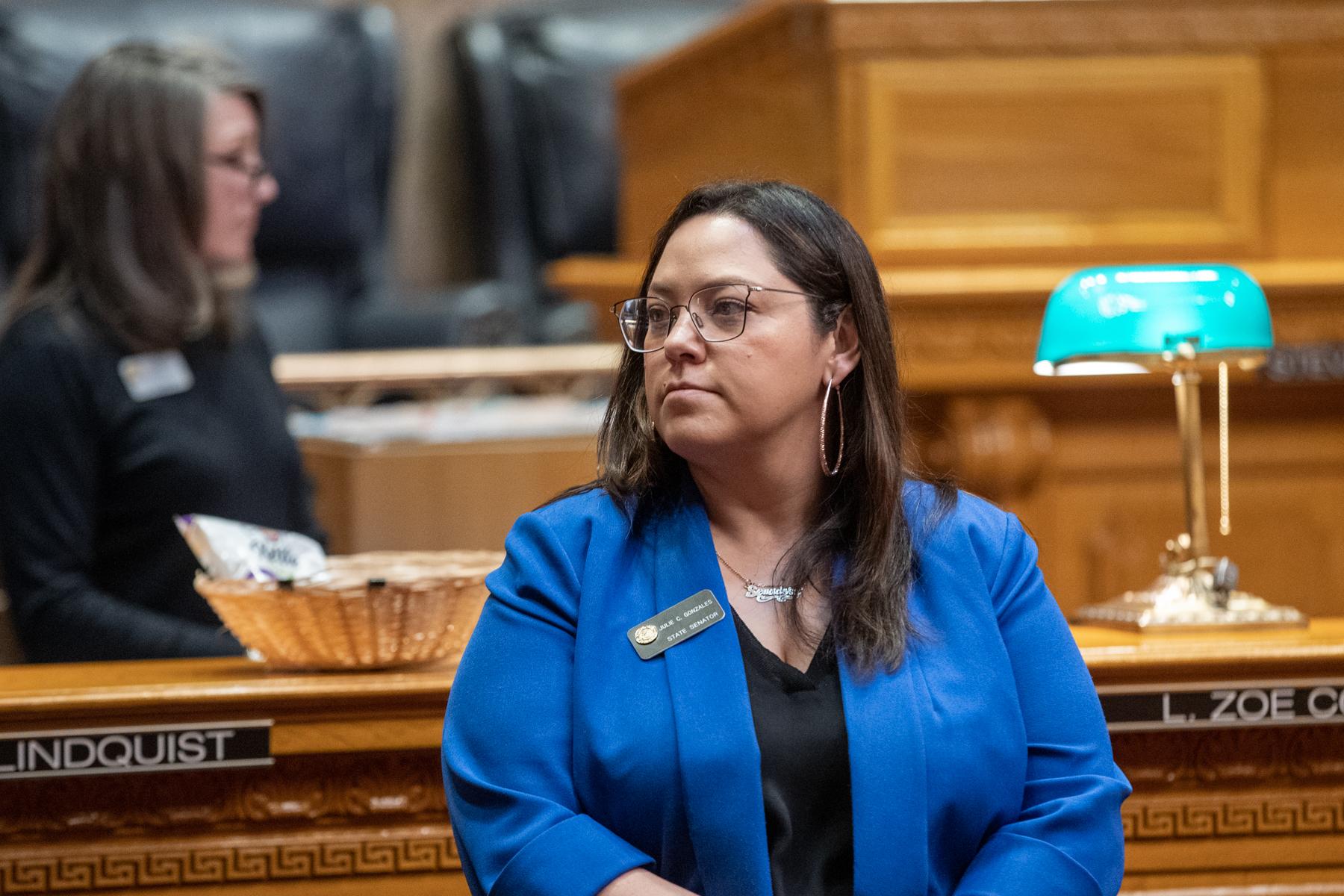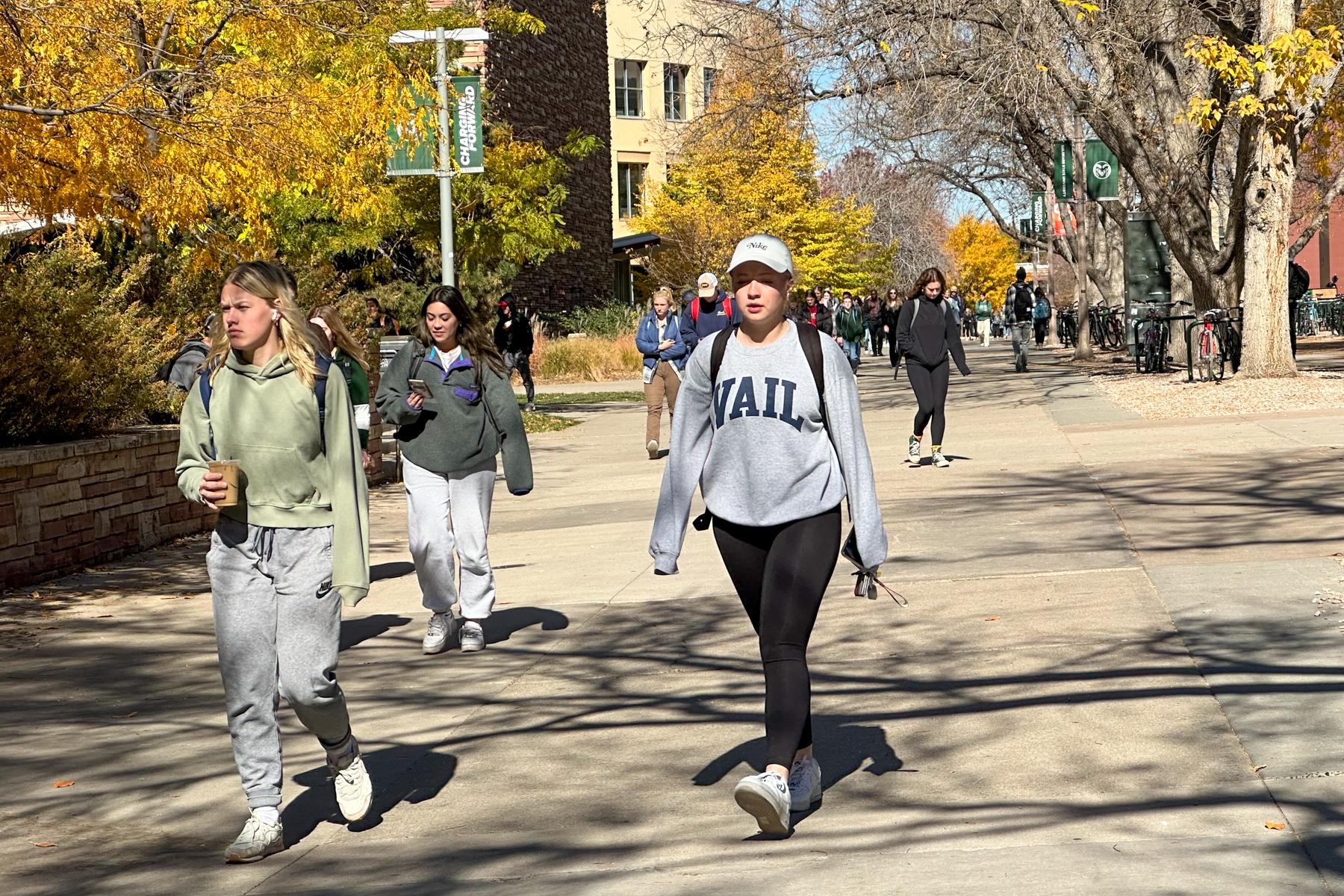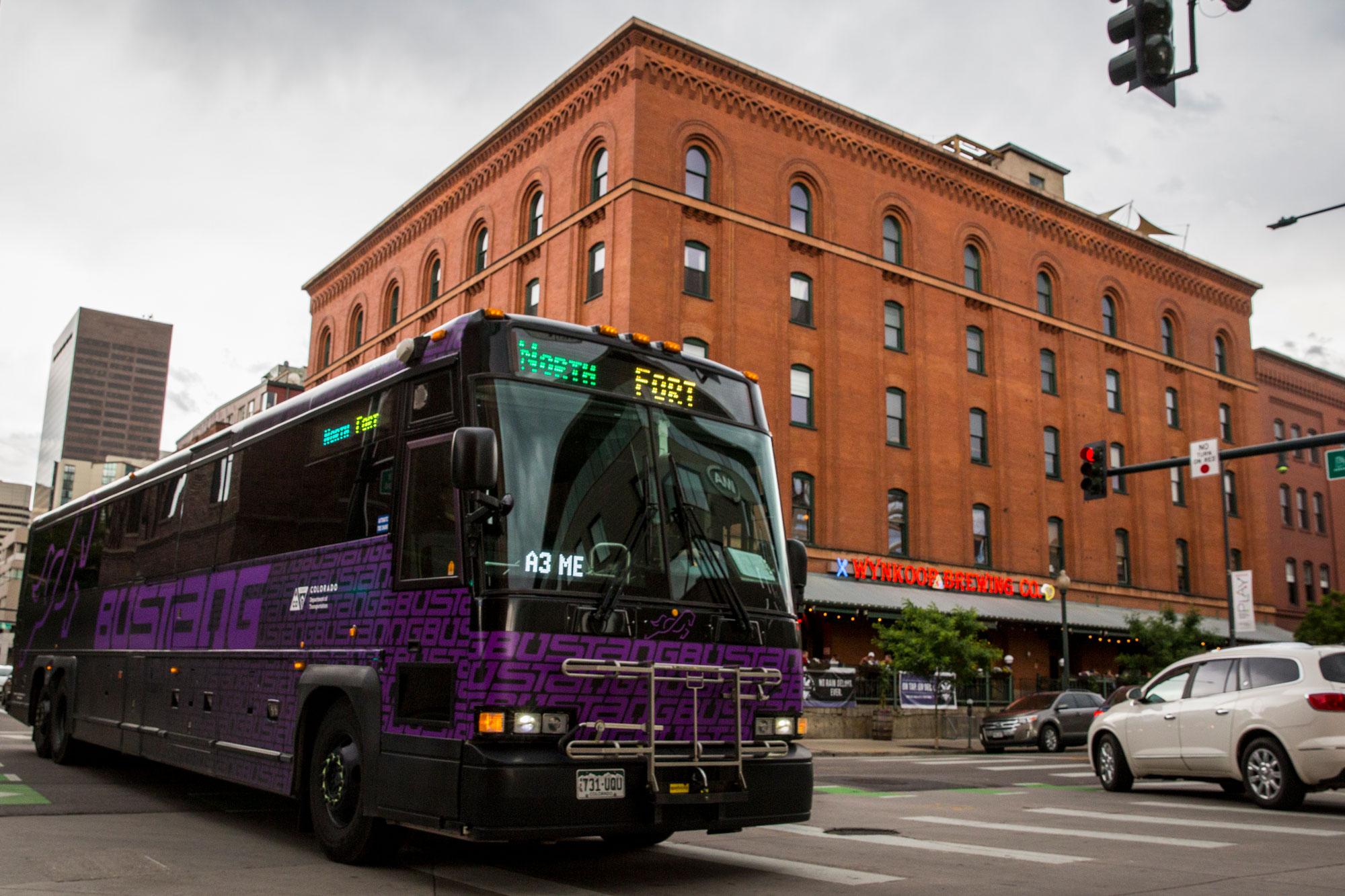
Bustang, which the Colorado Department of Transportation started in 2015 as a bare-bones bus service, will soon see a significant boost in service along Interstates 25 and 70 under an expansion proposal unveiled Friday.
If the plan is approved by the Colorado Transportation Commission next week, CDOT will add two daily round trips to each of its main Bustang routes this summer. By 2024, buses will make as many as 15 daily trips between Denver and Grand Junction and 13 daily trips between major cities along the Front Range.
Amber Blake, director of CDOT’s division of transit and rail, told the Statewide Transportation Advisory Committee Friday the increases were significant.
“[We are] really going from a long-haul, more inter-city Greyhound-type service that we see nationwide to more of a true transportation option,” she said.
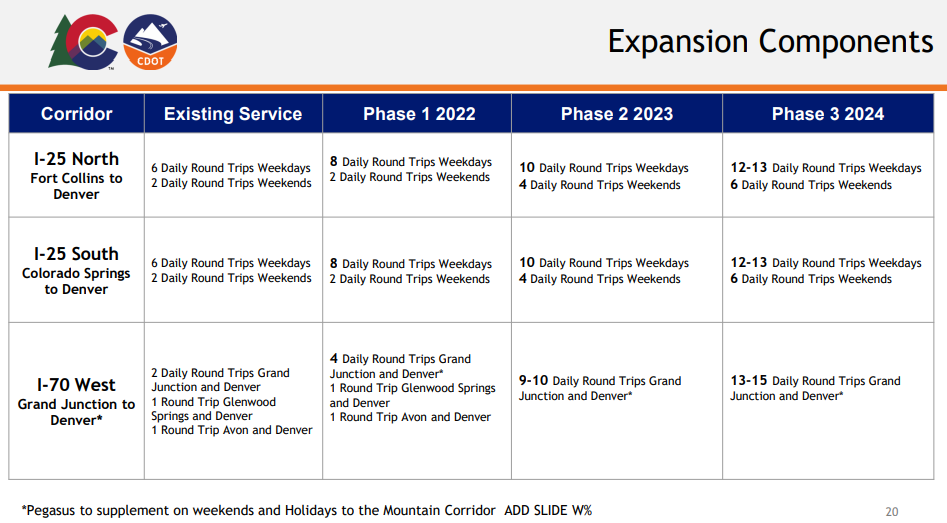
Ridership is still below pre-pandemic levels on Bustang lines that connect Colorado Springs, Denver and Fort Collins. But ridership on the I-70 line in March 2022 hit an all-time high of more than 9,400 passengers.
So CDOT is also starting a passenger van service called Pegasus on I-70 between Denver and Avon, in Eagle County, that will operate roughly hourly on weekends and holidays. The vehicles are small enough to use the new toll lanes west of Idaho Springs. Service will begin on Memorial Day Weekend.
CDOT’s push to expand transit service dovetails with its goal of limiting transportation-related greenhouse gas emissions and local air pollutants. CDOT staff estimate the increased bus service could remove nearly 25,000 tons of carbon dioxide annually — if buses are 75 percent full and those passengers would have driven otherwise.
“This investment is really important,” said Danny Katz, executive director of the progressive Colorado Public Interest Research Group. “We’re not going to be able to tackle our dirty air problems without giving people cleaner travel options.”
CDOT estimated the cost to increase service, which is a three-year pilot program meant to test its demand and value, at $72.8 million. State lawmakers this week passed a bill directing $30 million toward the expansion. CDOT’s Blake said the agency has identified sources to cover most of the remaining $42.8 million.
The agency is also making plans to expand its related “Outrider” bus service that serves smaller communities across the state, Blake said.

